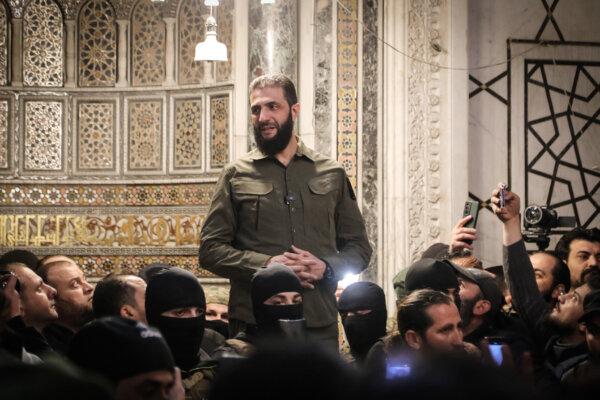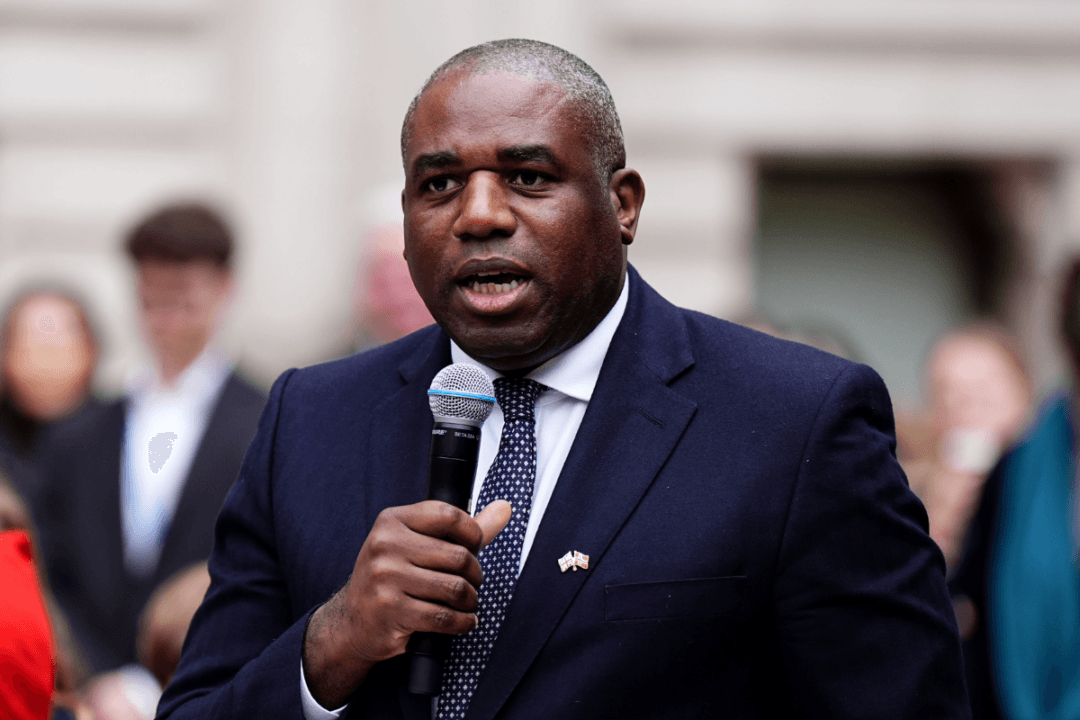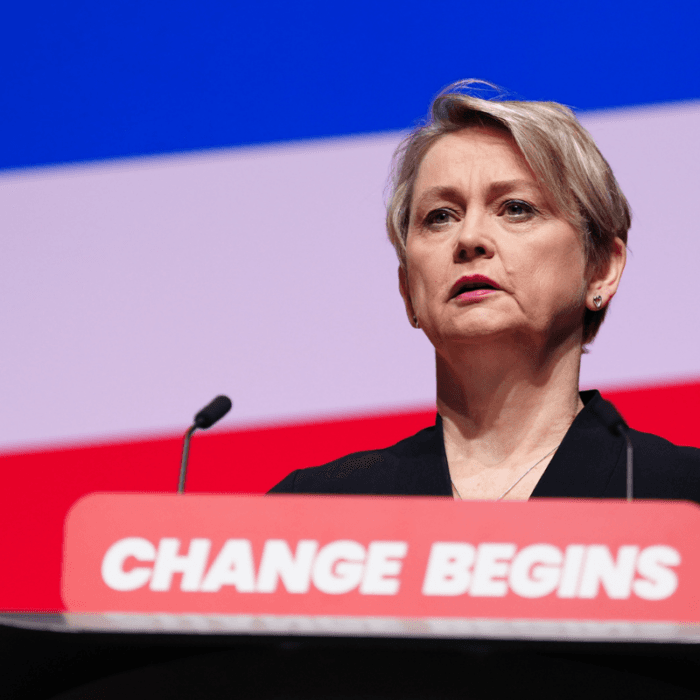The UK has had “diplomatic contact” with Islamist group Hayat Tahrir al-Sham (HTS), the rebels who have taken control of Syria, Foreign Secretary David Lammy has confirmed.
Lammy said on Sunday the government would use what channels it has available to speak with HTS, which is proscribed in the UK for its association with the al-Qaeda terrorist group.
The foreign secretary said: “We want to see a representative government, an inclusive government. We want to see chemical weapons stockpiles secured, and not used, and we want to ensure that there is not continuing violence.
Proscribed Organisation
HTS rebels took over Syria on Dec. 8 following more than a decade of civil war which was triggered by the 2011 Arab Spring.Western governments have been debating on how to deal with HTS, which is proscribed in the UK and elsewhere.
Downing Street later clarified that being a proscribed terrorist group “does not prevent the government from engaging with HTS in the future.”
Addressing whether HTS would still be banned, Lammy said on Sunday, “Yes, HTS remains a proscribed organisation but we can have diplomatic contact and so we do have diplomatic contact as you would expect.”
Starmer Urges Caution
On Saturday, the UK took part in joint talks in Aqaba, Jordan, attended by delegates from the United States, France, Germany, the U.N., the EU, Turkey, Bahrain, Qatar, and the Arab Contact Group to discuss developments in Damascus.Participants affirmed their support for the Syrian people and agreed on the importance of “non-sectarian and representative government,” stressing respect for human rights and calling for action to ensure the stability and security of the country and the region, including the secure and safe destruction of chemical weapons stockpiles.
The remarks followed Prime Minister Sir Keir Starmer urging caution on Friday.
According to Downing Street’s official spokesperson, the prime minister told a meeting of G7 leaders that “the fall of [Bashar al-Assad’s] brutal regime should be welcomed but we must be cautious about what comes next.”
On Thursday, the G7 leaders said they were committed to “work with and fully support” a future Syrian government that agreed to ensure “respect for the rule of law, universal human rights, including women’s rights, the protection of all Syrians, including religious and ethnic minorities, transparency and accountability.”

HTS’s leader Ahmad al-Sharaa, who had used the alias Mohammed al-Golani before taking power, is a former al-Qaeda commander but said he renounced ties with the terror group years ago.
£50 Million in Aid
It comes as the UK announced £50 million in humanitarian aid for Syria.The Foreign Office said on Sunday that the funds would be going to the most vulnerable Syrians, including refugees across the region.
Some £30 million will go towards food, health care, shelter, and other forms of aid. Another £10 million will go to the World Food Programme (WFP) in Lebanon and £10 million to WFP and the U.N. refugee agency UNHCR in Jordan.
The government also committed £120,000 to the Organisation of the Prohibition of Chemical Weapons.
Lammy said the fall of the Assad regime “provides a once-in-a-generation chance for the people of Syria.”
He added that the UK was committed to “working diplomatically to help secure better governance in Syria’s future.”
“This weekend the UK and its partners came together to agree the principles required to support a Syrian-led transitional political process. It is vital that the future Syrian government brings together all groups to establish the stability and respect the Syrian people deserve,” he added.







